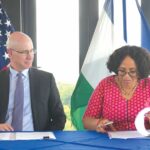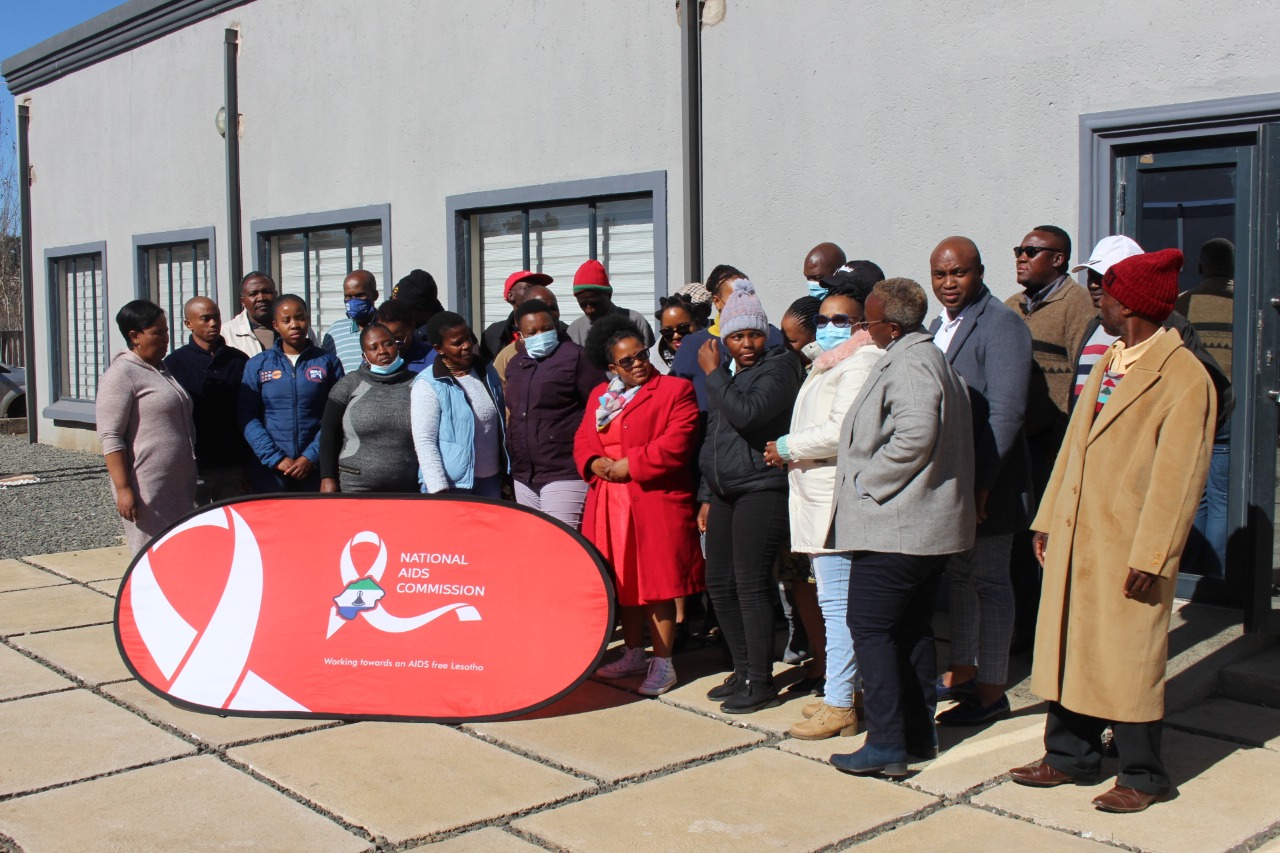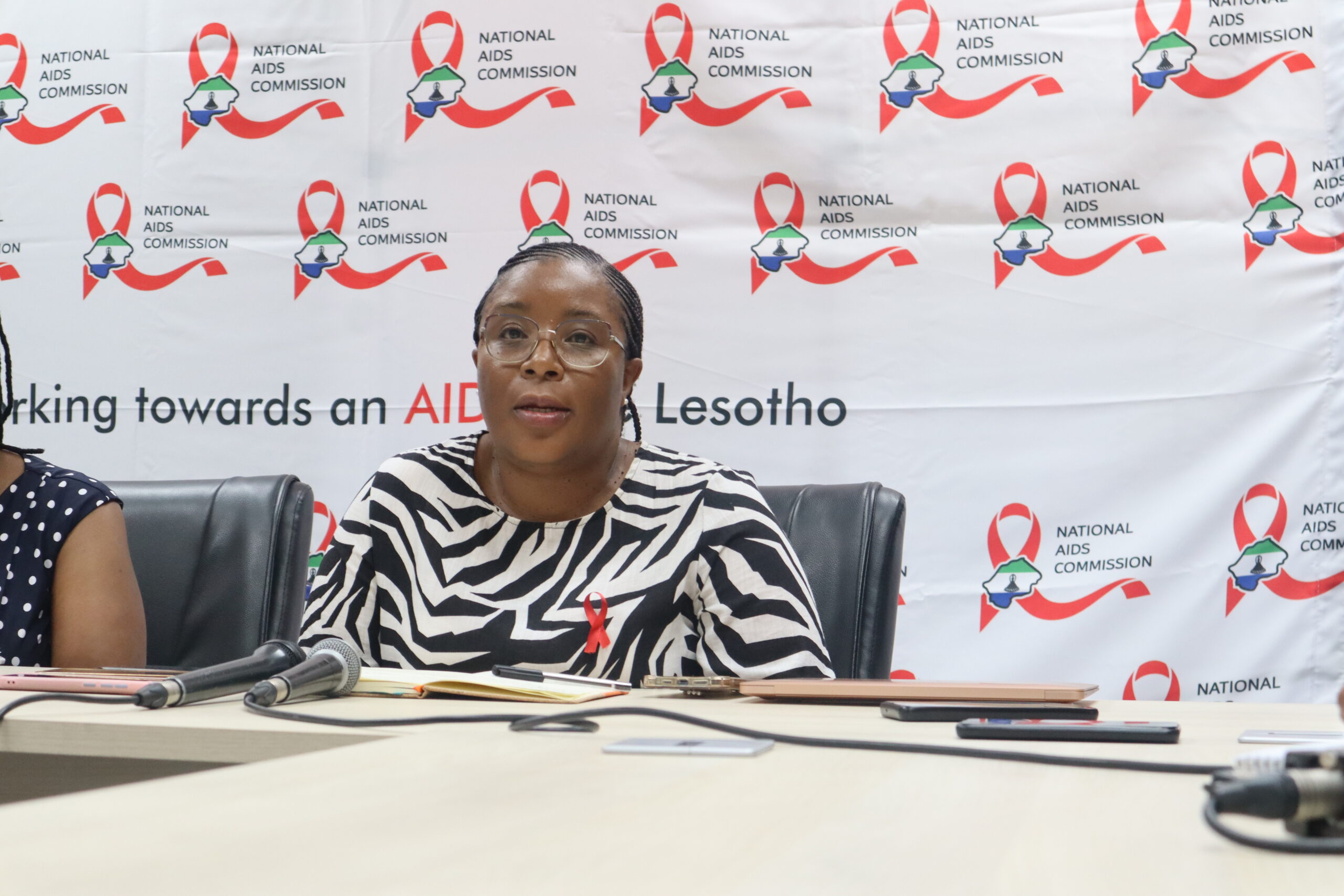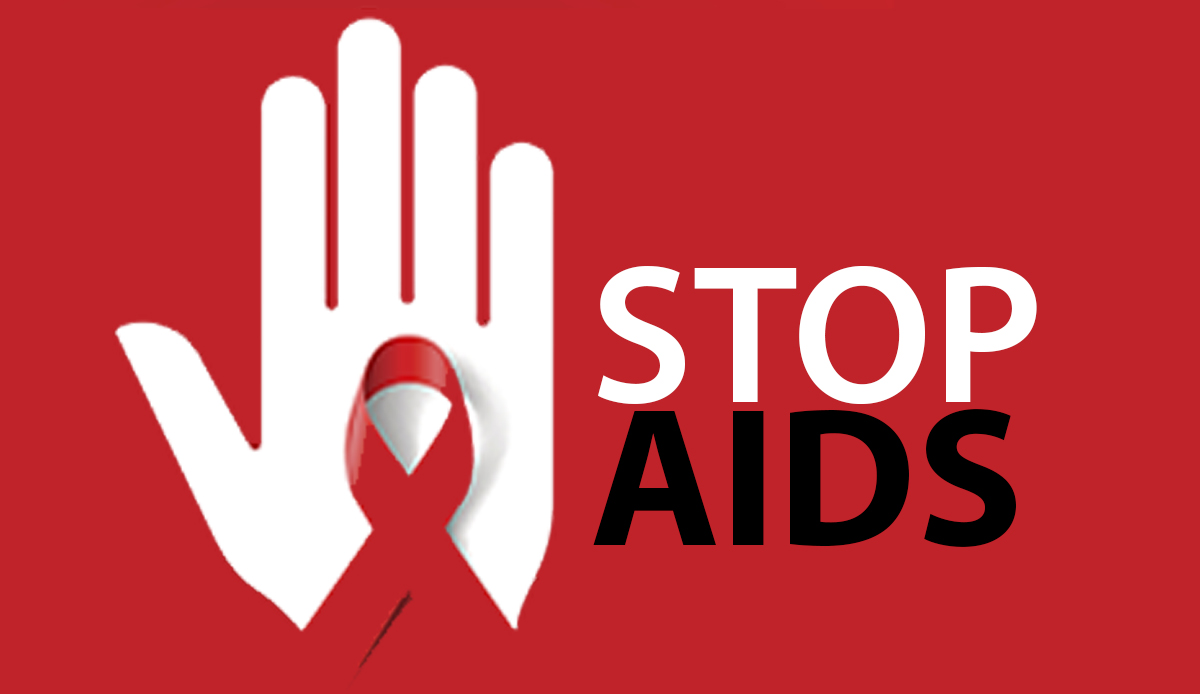As many countries brace for the impact of declining international donor funding, including the suspension of support from the United States, Lesotho is taking proactive steps to safeguard its hard-won gains in the fight against HIV/AIDS.
This forward-looking stance was reaffirmed during a recent national stakeholder consultation, held to gather Lesotho’s input for the upcoming Global HIV Response Strategy (2026–2031).
At the meeting, UNAIDS Country Director for Lesotho, Pepukai Chikukwa, praised the country’s leadership, describing the move as bold and necessary.
Lesotho took a brave step by launching its Sustainability Roadmap late last year, a tool designed to help the country sustain its progress in the face of dwindling donor support.
Chikukwa, reflecting on global funding uncertainty, remarked: “This is one of the most difficult times in my entire HIV professional life,” citing the growing shift in foreign aid priorities and development assistance.
Yet, she expressed cautious optimism. She indicated that in every crisis lies an opportunity for innovation, for reform, and for strengthening self-reliance.”
Lesotho has made remarkable progress in the global HIV response.
Chikukwa noted that the country is among the top ten globally that have achieved or are nearing the UNAIDS 95-95-95 targets.
These targets aim for 95 percent of people living with HIV to know their status, 95 percent of those diagnosed to be on antiretroviral treatment (ART), and 95 percent of those on ART to achieve viral suppression.
She also cited a nearly 75 percent reduction in new HIV infections since 2010, alongside a significant drop in AIDS-related deaths, evidence of a national response that has delivered results.
However, she warned that inequalities remain, especially among children and adolescents, who have yet to reach these targets.
“The new global strategy must confront these disparities head-on,” Chikukwa said. “We cannot afford to leave anyone behind,” she added.
Echoing this sentiment, Lebohang Mothae, Chief Executive of the National AIDS Commission (NAC) acknowledged the “difficult time” characterised by “a very high level of risk, coupled with uncertainty, unpredictability, and fatigue.”
Mothae stressed the importance of reflecting on past achievements and identifying remaining gaps to forge a collective path forward.
“It is an opportune time to reflect, introspect, and understand our context,” she stated, emphasising the need to communicate Lesotho’s unique situation to the global community to advocate for tailored strategies.
The stakeholder meeting saw various working groups delve into critical areas for the future of Lesotho’s HIV response. Discussions revolved around sustainable financing, community engagement, and the integration of services.
The sustainable financing group, led by Maema Ramaema, proposed a significant shift to “re-strategise, re-organise the balance of distribution of resources and interventions,” essentially restructuring and transforming the national HIV/AIDS response to maximise impact with potentially limited resources.
This includes exploring regional production of health commodities to ensure price stability and considering innovative financing models that engage the corporate sector.
The community arm, represented by Bokaako Rankoletsi, emphasised the need for sustainable domestic and international financing for community-led initiatives.
Defining community leadership and strengthening community-led service reporting systems were also highlighted as crucial priorities.
Michael Gboun, speaking for the integration arm, stressed the importance of a situational analysis to repackage the national response and develop a contextual investment case.
He advocated for stronger program governance, data ownership, and harmonised indicators to empower local healthcare workers.
Summary
- As many countries brace for the impact of declining international donor funding, including the suspension of support from the United States, Lesotho is taking proactive steps to safeguard its hard-won gains in the fight against HIV/AIDS.
- The sustainable financing group, led by Maema Ramaema, proposed a significant shift to “re-strategise, re-organise the balance of distribution of resources and interventions,” essentially restructuring and transforming the national HIV/AIDS response to maximise impact with potentially limited resources.
- Michael Gboun, speaking for the integration arm, stressed the importance of a situational analysis to repackage the national response and develop a contextual investment case.

Ntsoaki Motaung is an award-winning health journalist from Lesotho, specializing in community health stories with a focus on sexual and reproductive health and rights, as well as HIV. She has contributed to platforms like “Be in the KNOW,” highlighting issues such as the exclusion of people with disabilities from HIV prevention efforts in Lesotho.
In addition to her journalism, Ntsoaki serves as the Country Coordinator for the Regional Media Action Plan Support Network (REMAPSEN). She is also a 2023 CPHIA Journalism Fellow.










